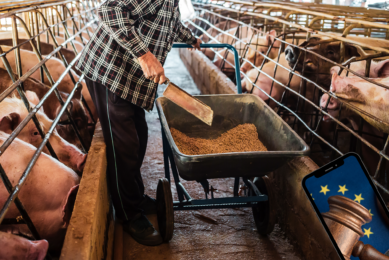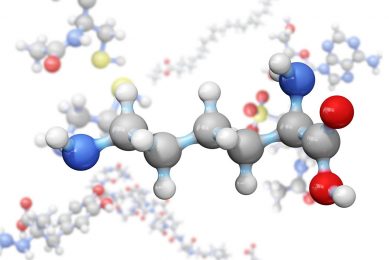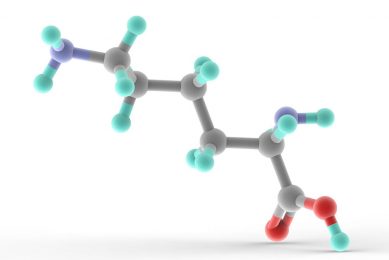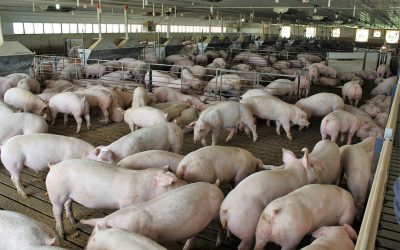Extrusion effect on quality of dog food
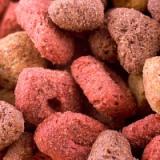
New research by Wageningen University and TNO looked at the effect of different extrusion conditions and product parameters on the nutritional quality as determined by a number of in vitro measurements (e.g. reactive lysine, and starch gelatinization degree) as well as physical quality of the kibble (durability and hardness) of a canine diet.
(110, 130 or 150 °C), moisture content (200 or 300 g/kg) of the diets
prior to extrusion and number of times (once or twice) extruded. Total lysine
and other amino acids were unaffected by the extrusion conditions employed.
Extrusion conditions had a clear effect on the reactive lysine content with the
ratio of reactive to total lysine increasing from 0.71 to 0.80 and higher as a
result of extrusion and temperature. After a second extrusion, a decrease was
observed from a ratio reaching 1.0 to about 0.9. Initial moisture content
affected lysine reactivity. Protein digestibility as measured in vitro
was not affected by different extruding conditions.
There were no
obvious differences in protein dispersibility index (PDI) of all the extrudates.
In vitro glucose digestibility coefficients as well as starch
gelatinization degree (SGD) showed a tendency to increase with an increase in
each individual parameter tested. The increase in temperature from 110 to
150 °C as well as extrusion for a second time decreased kibble durability
while increasing moisture content increased durability. Optimisation of
extrusion conditions during commercial pet food production should include
measurement of the reactive to total lysine ratio.
Related
websites:
Wageningen
University
TNO
To receive more animal feed news, subscribe
here




